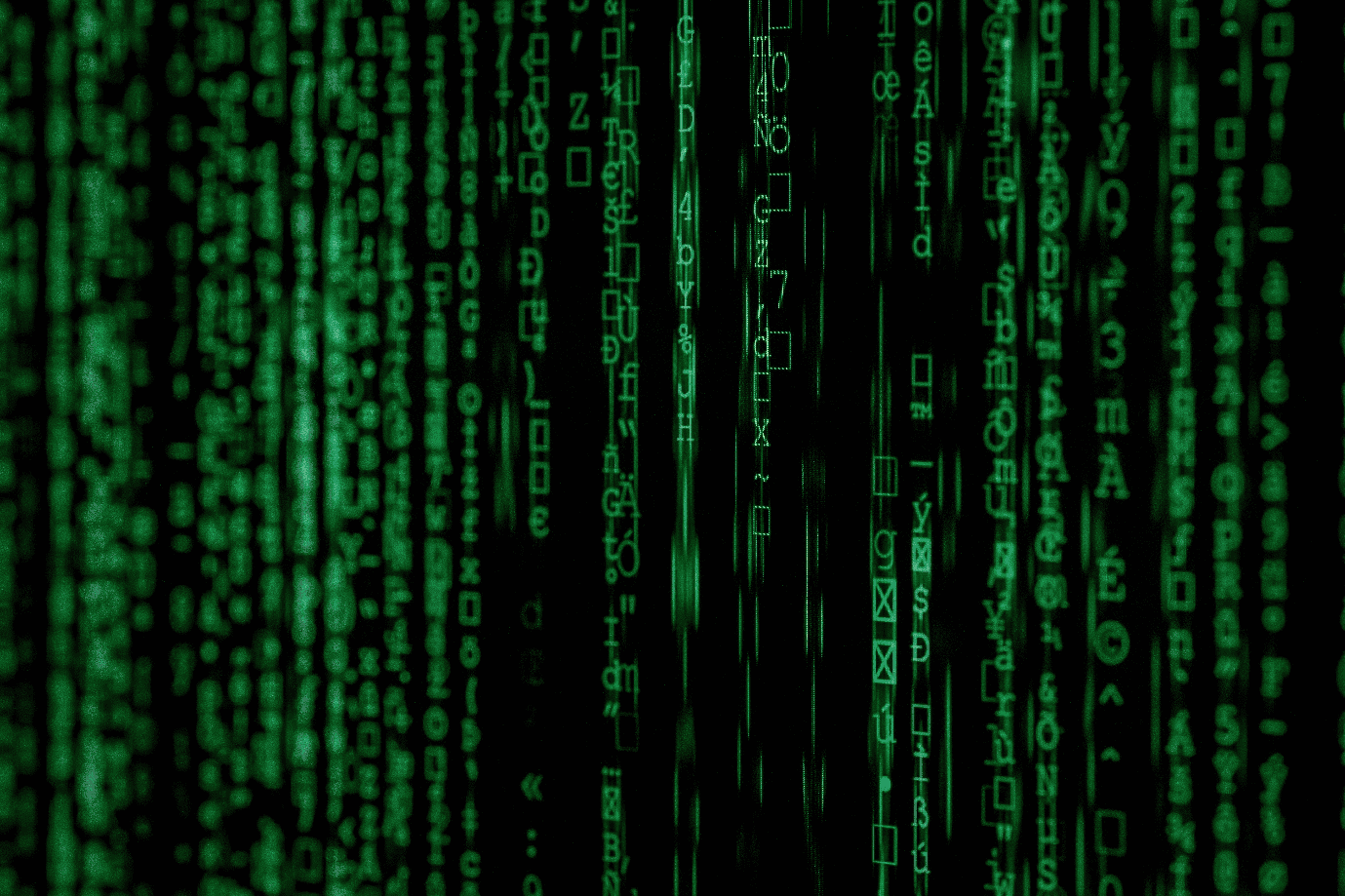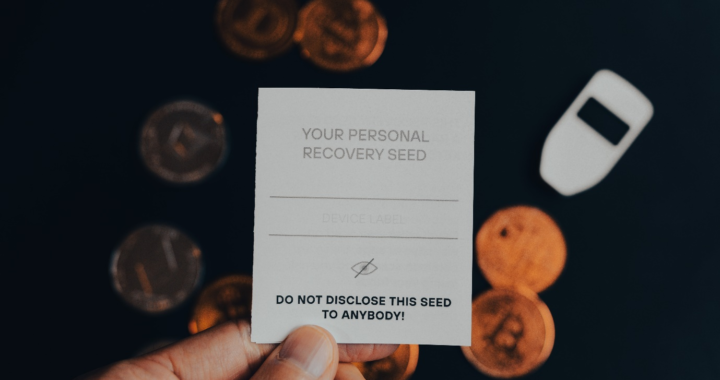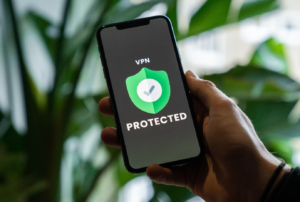As more and more businesses shift their data storage and computing needs to the cloud, cybercriminals follow suit.
Cloud-based crimes such as data breaches, ransomware attacks, and identity theft are becoming increasingly common. However, investigating these crimes presents a unique set of challenges for digital forensics experts.
How Cloud Forensics Impacts User Security and Privacy
Cloud forensics plays a crucial role in ensuring user security and privacy. With more and more sensitive data being stored in the cloud, it’s essential to have measures in place to protect users from cybercriminals seeking to exploit vulnerabilities within these systems.
One of the ways cloud forensics impacts user security is through incident response. By having a system that can quickly identify and respond to potential threats, investigators can prevent or mitigate damage caused by attacks on cloud-based systems.
Another way cloud forensics impacts user privacy is by detecting unauthorized access. If someone gains access to your account without your permission, forensic tools can help track down how this happened, what information was accessed, and what steps need to be taken next.
Challenges Faced During Cloud-Based Crimes Investigation
The rise of cloud computing has presented new challenges for forensic investigators when investigating cloud-based crimes. These challenges are multifaceted, requiring specialized knowledge from the investigator.
One challenge that arises during these investigations is access to data. Cloud service providers encrypt data at rest, making accessing information difficult without proper authorization.
Additionally, physical control over hardware in the cloud environment is non-existent; investigators cannot simply seize servers like in a traditional investigation.
Another challenge faced by forensic investigators during cloud-based crime investigations is the issue of jurisdiction. Since data may be stored across multiple jurisdictions, law enforcement agencies need to work together closely to ensure compliance with legal procedures while maintaining evidentiary integrity.
A lack of standardization also presents an obstacle for investigators since no standardized methods or tools are used to collect evidence from different cloud environments. Each case must be handled uniquely and requires adaptability on behalf of forensic analysts.
Conducting investigations into crimes committed through cloud services requires specialized knowledge and expertise in digital forensics and privacy laws and regulations surrounding electronic communications.

Strategies to Implement During Cloud-Based Crimes Investigations
Cloud-based crimes are becoming a significant threat as businesses adopt cloud technology. Investigations into these types of crimes require specialized knowledge and skills in cloud forensics.
By understanding the challenges involved and implementing effective strategies during investigations, it is possible to protect user security and privacy while bringing criminals to justice.
Ultimately, protecting user security and privacy should be a top priority for everyone investigating cloud-based crimes.
Hiring experts for digital forensic services can ensure your information is protected. Contact us at Eclipse Forensic for more information!





